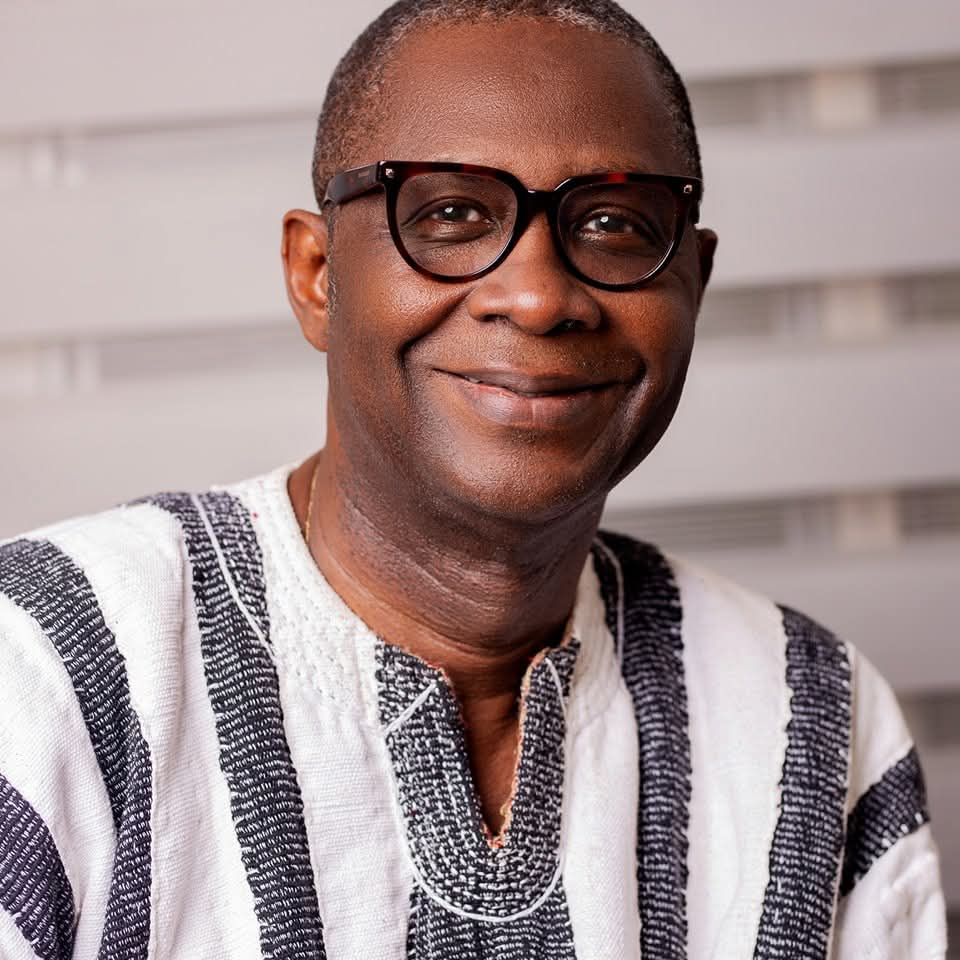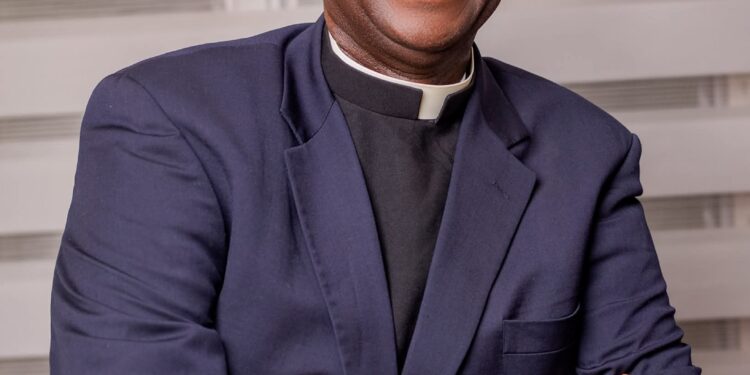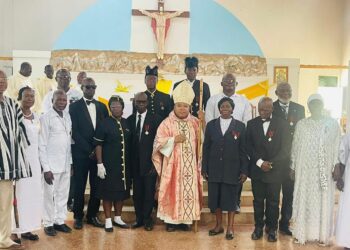By: Gogu Edwin
A respected peace advocate and Catholic priest, Rev. Fr. Clement Aapengnuoa a leading expert in conflict resolution, peacebuilding, and counter-violent extremism, currently serving as the Country Director for COGINTA Ghana, has issued a strong warning to the people of Northern Ghana, urging communities, leaders, and institutions to “choose peace deliberately” as the region faces rising tensions from land disputes, chieftaincy disagreements, climate pressures, and growing extremist threats along Ghana’s northern borders.

Fr. Clement described Northern Ghana as being “at a crossroads,” stressing that the future stability of the area depends entirely on whether communities embrace unity or fall into division.
“Northern Ghana is at a crossroads. And the choice before us is simple: peace or instability,” he stated.
He highlighted the increasing frequency of disputes from farmer–herder clashes to land-related conflicts and chieftaincy tensions. According to him, these conflicts weaken families and destroy the trust that binds communities together.
“Every day, we hear of chieftaincy tensions, land disputes, farmer–herder clashes, and disagreements between youth groups. These conflicts weaken our communities and destroy the trust we depend on,” he lamented.
Fr. Clement also drew attention to climate-related pressures such as shrinking farmlands, drying waterbodies, and unpredictable rainfall, all of which intensify competition for natural resources and trigger new forms of conflict.
A major highlight of his message was the warning about violent extremist groups operating just across Ghana’s northern borders. He noted that extremist organizations exploit existing cracks in society division, frustration, and conflict.
“These groups look for cracks in our society. They take advantage of divisions. They recruit frustrated youth. And they thrive where communities are already in conflict,” he warned. “If we don’t hold together, others will pull us apart.”
Fr. Clement said the most effective protection against threats is not weapons or security forces alone, but strong, united communities. “The strongest defense we have is each other. A resilient community is a safe community. A united community is a protected community,” he emphasized.
He urged communities to choose dialogue early, resolve small disputes before they escalate, and rebuild trust where conflict has already occurred.
In his message, he outlined the responsibility of regional actors in maintaining peace. “At a time like this, chiefs must speak for unity, not division. Fairness in land matters and restraint in chieftaincy issues will save lives.”
Faith leaders, he said, must continue using their influence to calm tensions and spread hope. He called on government and security agencies to strengthen border protection, ensure timely justice, and create meaningful economic opportunities to prevent youth vulnerability.
At the community level, he emphasized the role of women and youth, who often feel the impact of conflict most directly and can play key roles in preventing violence. Fr. Clement concluded his message with a powerful call for unity and vigilance, reminding residents that Northern Ghana has survived past challenges through dialogue and solidarity.
“What kept us strong was unity. What kept us standing was dialogue. Today, we need those strengths more than ever,” he stated.
He urged the public to reject hate speech, avoid spreading rumours, resist political manipulation, and choose dialogue over violence. “Northern Ghana must choose peace deliberately, consistently, and together. The future of our region depends on the decisions we make today,” he concluded.
Source: Padfm.com.gh/Kumatey Gorden/0243531604

















